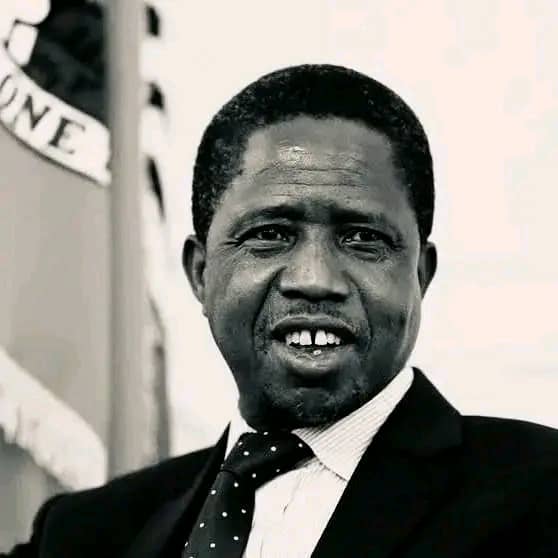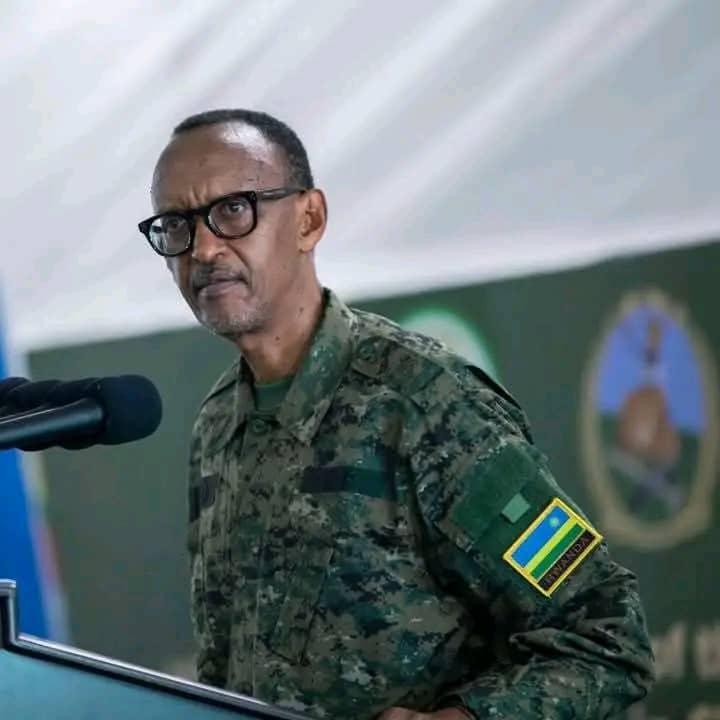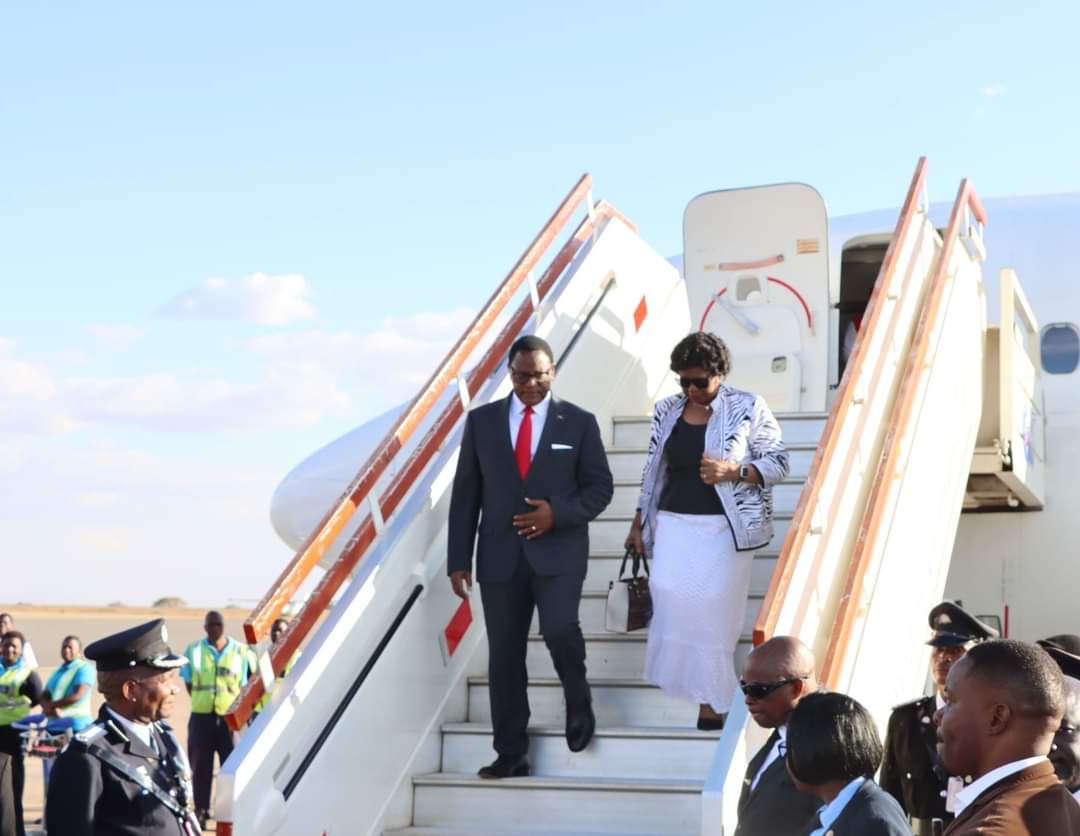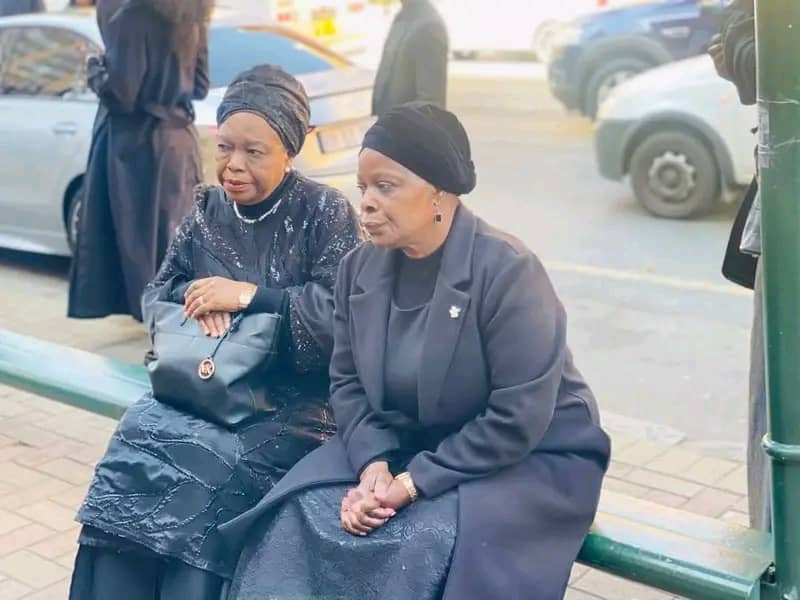
By Burnett Munthali
The death of former President Edgar Chagwa Lungu was expected to unite Zambia in solemn tribute, but instead, it has opened a chasm between collective mourning and political-legal confrontation.
As the nation grapples with the reality of his passing, the High Court in South Africa has intervened with a dramatic halt to his burial, suspending the final farewell until July 18, 2025, when a definitive ruling will be issued.
This judicial decision has not only delayed the physical interment of a former Head of State but also plunged Zambia into a deepening moral, emotional, and constitutional crisis.
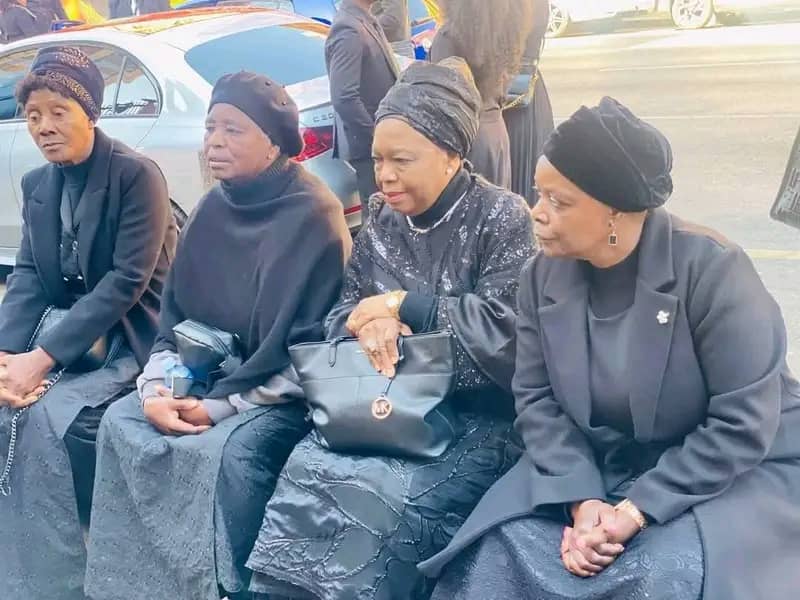
The legal dispute — with submissions due from the Zambian government by July 3, and a response from the Lungu family by July 4 — symbolizes more than just a courtroom battle; it reveals how fragile state-family relations can become when death collides with politics.
Observers are already warning that this situation could mark the beginning of a dangerous precedent, where even national mourning becomes subject to legal contests and political interpretations.
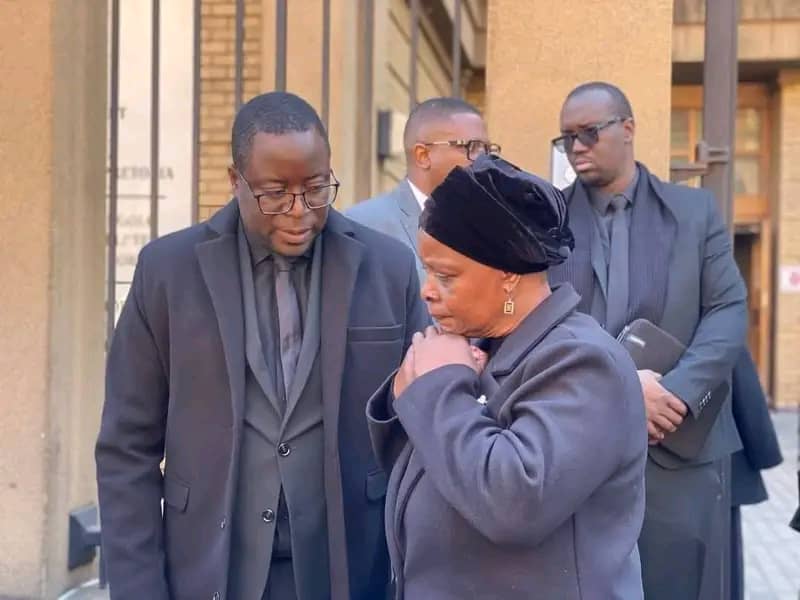
In the short term, the suspended burial will keep national tensions high, particularly among Lungu’s supporters and sympathizers who view the delay as disrespectful to his legacy.
For the government, especially under President Hakainde Hichilema, the case presents a delicate balance between respecting judicial processes and showing leadership in times of national grief.
Public opinion is likely to polarize further in the coming weeks, with accusations of politicizing the dead and suppressing constitutional rights potentially shaping media discourse and street sentiment.
There is also the risk of this event becoming a flashpoint for opposition mobilization, particularly if it is perceived that the former president is being denied the dignity traditionally accorded to statesmen.
In the long run, this legal standoff could spark wider calls for reform in how Zambia — and perhaps other African democracies — manage the funerals of prominent political figures, particularly those with contentious legacies.
Legal scholars may begin to debate whether international law or constitutional guarantees offer clearer guidance on cross-border burials and state responsibility toward deceased public officials.
Moreover, Zambia may soon find itself needing to establish or reinforce protocols for state funerals that prioritize both national unity and the rights of grieving families.
The current moment is not merely about where Edgar Lungu will be laid to rest — it is about how a nation chooses to remember, reconcile, and preserve its dignity amid discord.
Until the July 18 ruling, Zambia remains suspended between justice and closure, mourning and maneuvering, memory and uncertainty.
And in that fragile space, the nation must reflect not just on Lungu’s life, but on the future of its democratic soul.

